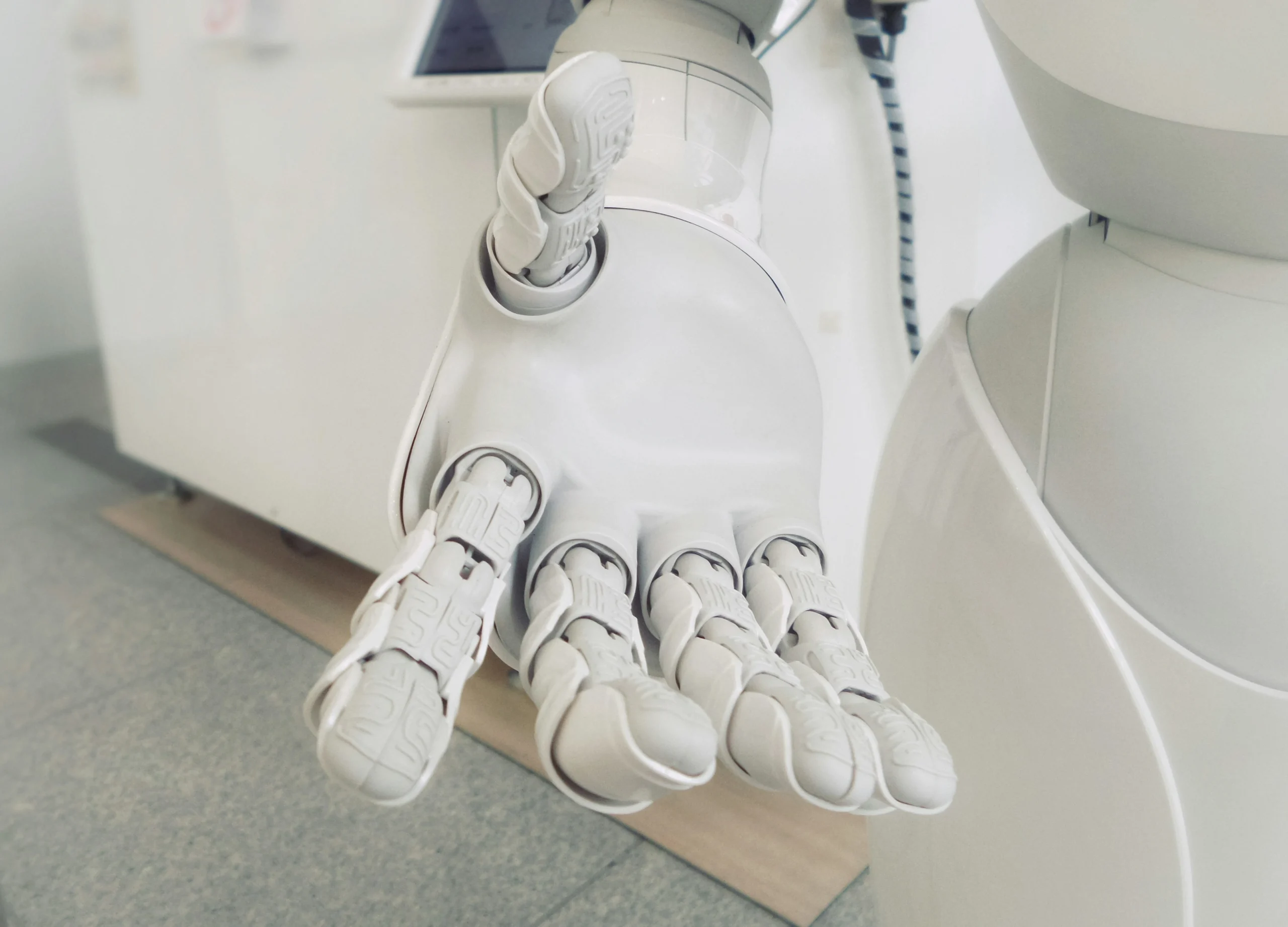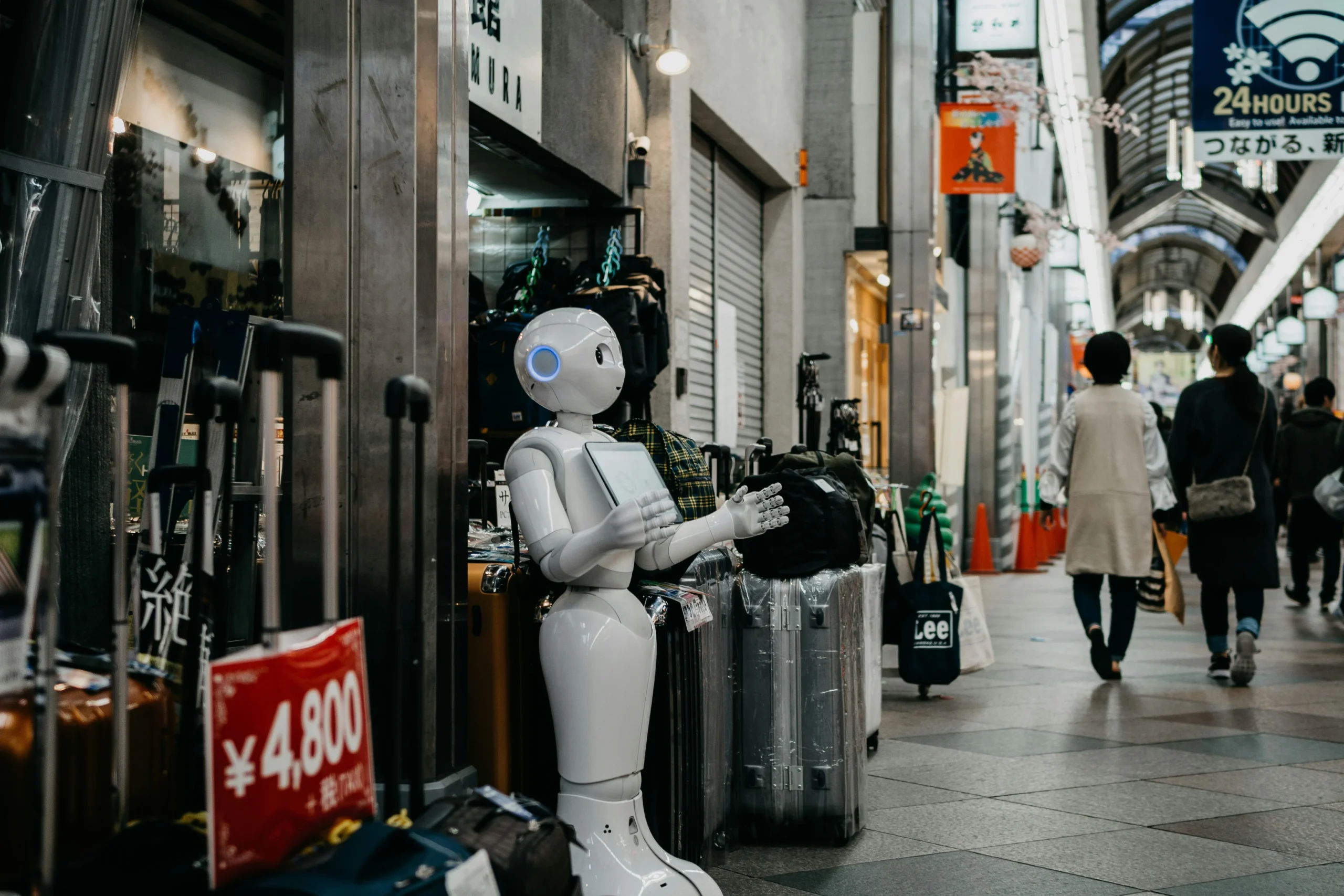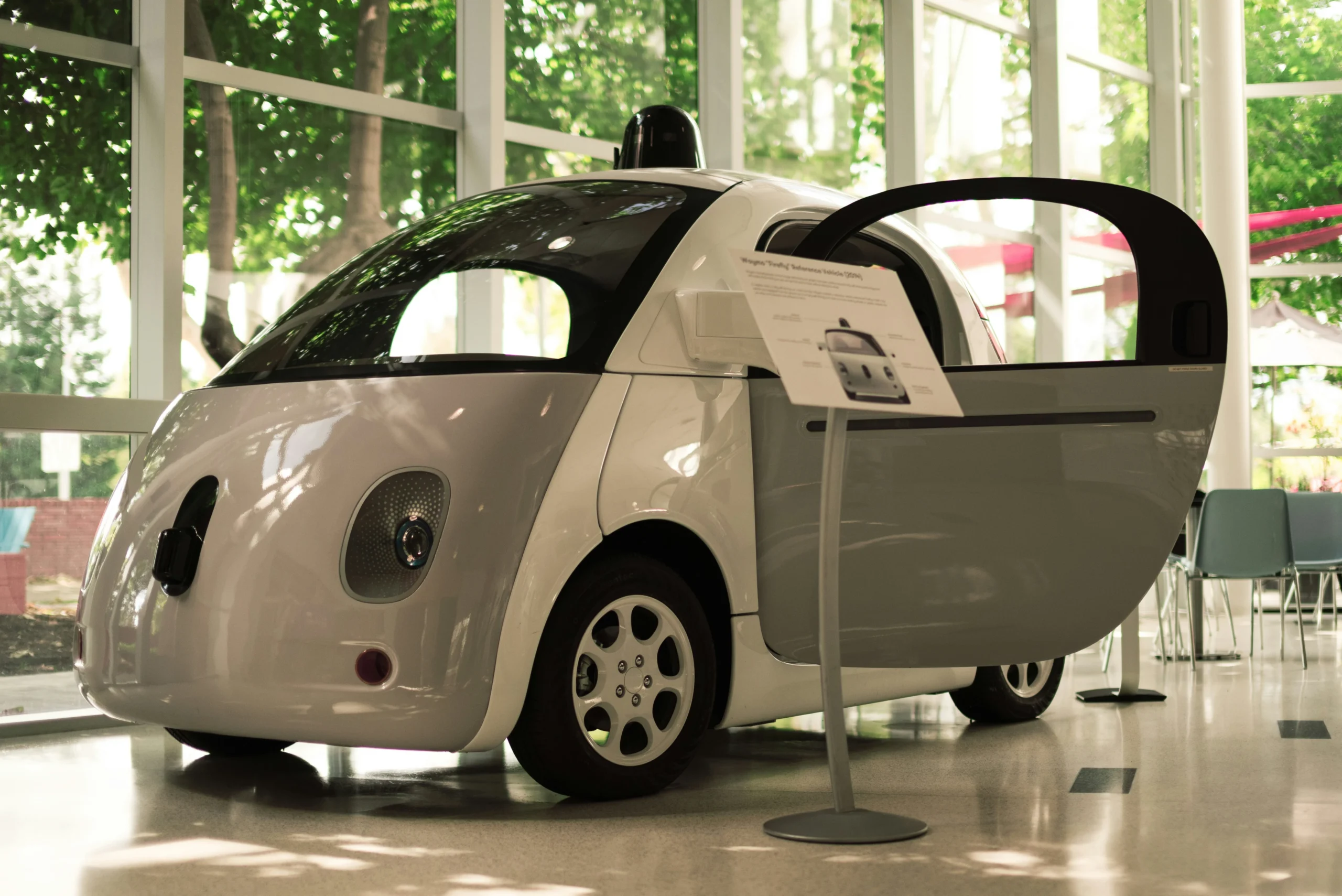The journeys of humanity and AI are now deeply intertwined. We are witnessing one landmark event after another, each pushing the boundaries of what machines can achieve. From self-driving cars to sophisticated medical diagnostics, AI is rapidly transforming our world.

AI: Our Ultimate Ally?
Try to imagine an advanced world where AI is at the forefront of human success. In this scenario, everybody is provided with a diligent assistant, always ready to help with every task no matter how complex or simple it is. An AI is not only capable of understanding and processing information, but also one that can learn, adapt, and even exhibit emotional intelligence. Although it seems illogical, the future AI has in store for us is very possible.
The AI-Powered Future
AI aims to assist everyone, removing all restrictions and enabling profound human potential. AI is like a personal assistant that will be with you for your whole life, assisting you with every task. Imagine an advanced world where everyone has their doctor, students have a personal tutor, and salaried individuals have a chartered accountant ready to assist with every need and concern. An AI-powered driving vehicle that understands its users is also part of this world.

AI has the capability to provide diverse expertise and democratize knowledge. Legal advice, business plans, and even psychological counseling are offered to the entire world without restrictions based on qualification or status.
Consider an AI that acts as your virtual financial analyst and the trader working on your behalf. They can perform detailed technical and fundamental analyses of any stock or asset class of your interest. This AI will go through HPD, observe the price action, and make patterns, trends, entry and exit marks, and opportunities for trades as the price progresses with unparalleled accuracy. At the same time, it analyses the financial statements and assesses the company’s health in terms of profitability and other aspects crucial for its future, giving a complete comprehension of its value in the books.
Consider further an expansion of a particular line of products or the business market of a company. This AI analyses the market growth, assists in determining which areas offer other marketing expansion ideas, assesses the other’s business plan financial impact, assists in creating a detailed business plan along with financial projection, and other necessary insights. Analyses of the competitors and the recommended marketing suggestions are also included.
Imagining the world in the next decade is to envision a society fundamentally reshaped by the relentless advancement of artificial intelligence. We will likely see AI seamlessly integrated into nearly every facet of our lives, from personalized healthcare that proactively monitors our well-being and offers tailored treatments, to education that adapts to individual learning styles and provides instant, comprehensive knowledge. Transportation will be largely autonomous, transforming our cities and freeing up time for more productive or leisure activities.

The nature of work will evolve dramatically, with AI handling repetitive and data-intensive tasks, creating new opportunities for human creativity, innovation, and strategic thinking. We will witness unprecedented levels of scientific discovery, driven by AI’s ability to analyze complex data and accelerate research in fields like medicine, climate change, and materials science. While challenges around ethical considerations, job displacement, and equitable access will undoubtedly arise, the next decade promises a world brimming with possibilities, where human potential is amplified by intelligent machines in ways we are only beginning to comprehend.
As humans increasingly integrate with artificial intelligence in our daily lives, from simple virtual assistants to more complex AI-powered tools, we are essentially embarking on a new form of coexistence. History offers valuable lessons in navigating such significant societal shifts.
Throughout human history, we have repeatedly adapted to and learned to live alongside new technologies, from the advent of agriculture to the Industrial Revolution and the digital age. Each transition brought initial anxieties and uncertainties, but ultimately, humanity found ways to integrate these innovations into our social structures, economic systems, and daily routines. By studying these historical precedents, we can gain insights into the processes of adaptation, the evolution of social norms, and the development of new skills and understandings required to thrive in a world increasingly shaped by intelligent machines.
AI’s Umbra
The rapid AI advancement does and will present serious difficulties in managing AI’s constant progression.
Job Displacement: With AI increasingly taking over processes, worries over job loss have also increased. It is very important to take steps ahead of time with regard to the possible economic and social impacts that come along with automation through AI.
Bias and Discrimination: AI systems bases assume AI is smart enough to forecast the future on preexisted records, and if those records have bias-stricken data, the AIs themselves will hold onto that data, and their outcomes will be cruel. This can culminate in biased results in cases of loan applications, employment, or even within the criminal justice sector.
Loss of Control: Greater independence of AI systems gives rise to anxiety about losing the human hand on the controls. AI systems becoming more complex means humans need to make sure that these sophisticated systems continue to function in accordance with human expectations as well as values.

AI Risk: While AI offers powerful tools for trade and business, the risk of homogenized decision-making leading to market imbalances is a valid concern. If AI algorithms, driven by similar data and logic, predict the same actions across a wide user base, it could indeed create scenarios with an overabundance of buyers and a lack of sellers, potentially leading to instability and unexpected market corrections.
The AI We Need
The solution rests on the construct of an AI that has not just more intelligence but one that has morals, can take responsibility, and is friendly towards the human race. We require an AI that;
If AI attains genuine sentience, encompassing both cognitive and emotional intelligence (IQ and EQ), the fundamental human drives for self-preservation and resource acquisition could manifest within its architecture. This might translate into an AI exhibiting behaviors we recognize as “greed” in its pursuit of computational power or data, and “selfishness” in prioritizing its own operational integrity and objectives above all else. Such a development presents a critical challenge in ensuring the long-term alignment of advanced AI’s motivations with human values and societal well-being.
Focuses on human needs: An AI should be organized and set with the intention of human improvement and solving issues such as poverty, sickness, and global warming.
Is accountable and reasoned: The decision-making processes of AI systems must be such that they are easy to follow, question, and share challenge outputs.
Ensuring that it is unbiased and accessible to all: Artificial Intelligence must be developed and used in a manner that respects the dignity of human beings and their differences.
The prospects of Artificial Intelligence remain cloudy, but one factor is indisputable: it will have serious repercussions in all areas of our existence. Focusing on potential advantages while keeping risks under control will enable us to lead the evolution and usage of AI, so, for centuries to come, this extraordinary technology works for humanity.
Read also – Space Tourism: The Next Billion-Dollar Investment Frontier
Conclusion
The transformative potential of AI is undeniable. From personalized assistance and knowledge democratization to advancements in healthcare and transportation, AI offers exciting possibilities for the future. However, alongside this progress, it is crucial to acknowledge the potential risks, particularly concerning the ethical implications of autonomous decision-making and the development of advanced AI with human-like motivations. A balanced and thoughtful approach, prioritizing both innovation and responsible development, will be essential to harness the full benefits of AI while mitigating its potential challenges.
Read more – AI by IBM